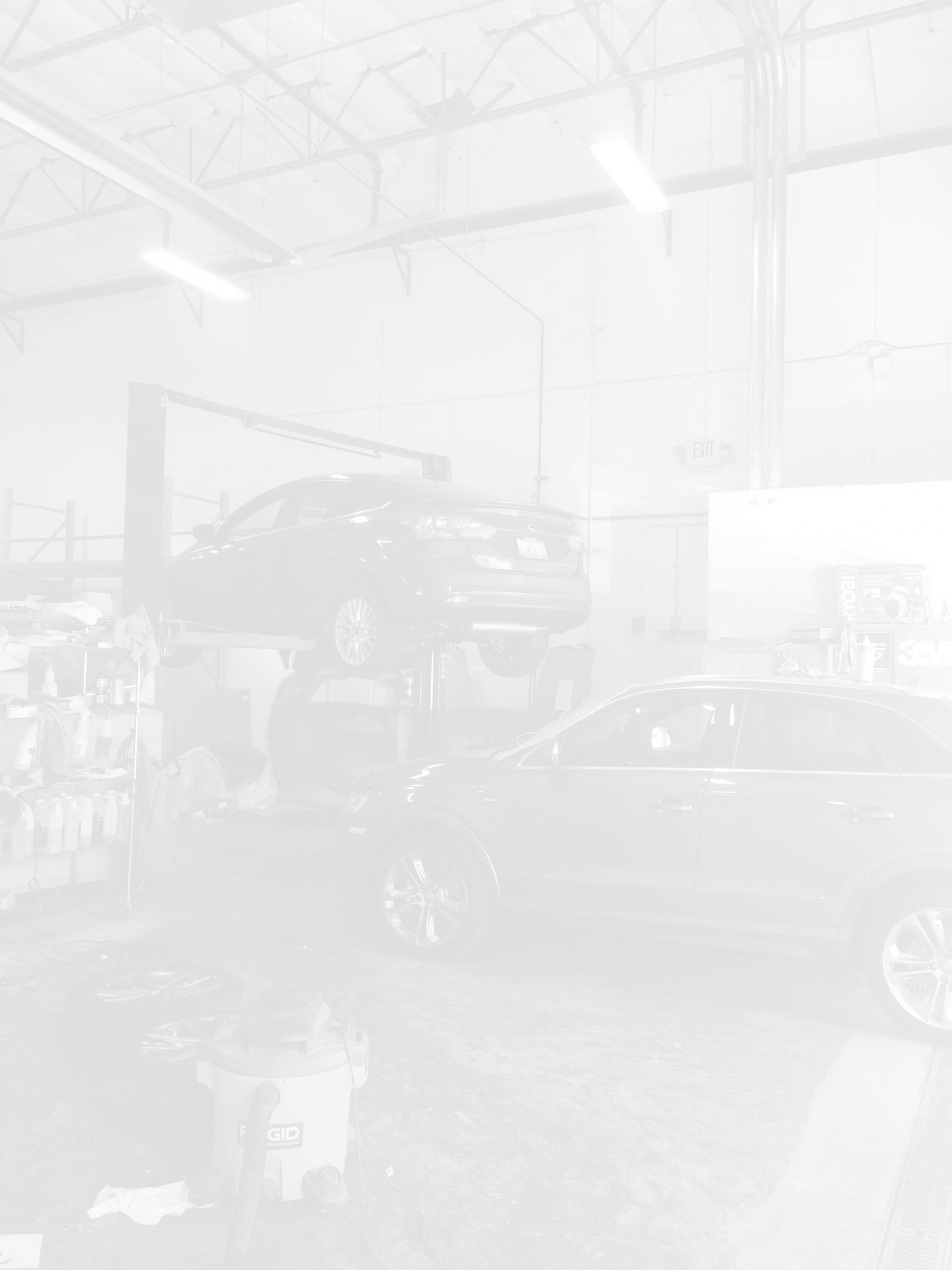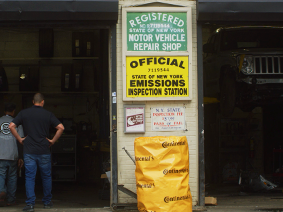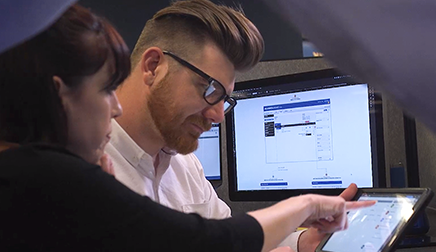You want to work on your classic car, but you don’t have a good place to do it. There’s not enough space to work, or it’s too much noise and mess, or other cars need to come into the garage at night. Sound familiar?
Five years ago, classic Ford F-1 truck enthusiast Robert Mitchell had the same problem. He didn’t have a dedicated space for repairs or parts storage. His solution? He rented the back-half of a car shop with enough space to work on three vehicles at a time. Friends started asking if they could bring in their own classics to work on and the Sacramento Do-It-Yourself Classic Car Club was born.

Every member of the club brings a range of experience with them. If you get stuck, be it mechanical, electrical, body and fender, repair, fabrication, paint, whatever … SOMEONE knows what you need to do next.
The club demand quickly outgrew the small space. The new location was a huge improvement: eight stalls, a lift rated at 8,000 pounds, and room for tools and parts. The club continued to grow, and had no limits as to vehicle make, model, year, country of origin, number of wheels, or whether it runs or gets pulled. Currently, club members own or rebuild cars from the ’30s to the ’70s, from factory restorations of classics to post-war hot rods to muscle cars. Even motorcycles and travel trailers wind up in the mix.
The club members share a love of older vehicles, knowledge of how they work and operate, and the willingness to share time, information, tools, and even a good story or two. “Every member of the club brings a range of experience with them. If you get stuck, be it mechanical, electrical, body and fender, repair, fabrication, paint, whatever … SOMEONE knows what you need to do next,” says club member Tom Dove, who has used his time at the club to work on more than ten classics. His favorite projects so far? A 1928 Ford T-Bucket, a 1952 Kaiser-Frasier, and a 1958 Ford Custom 300.
One notable focus of the club is technology, or rather, the lack of it. Sure, some of the resto-mods have computer fuel injection and later technology, but the vast majority incorporate things not seen from factories for many years – like breaker points, carburetors, mechanical clutches, and pedals on the floor (not hanging from the firewall or under the dash). And you won’t hear anyone concerned with passing a smog test since all the current vehicles were manufactured prior to the mid-’70s.
 Word continued to spread and again, the demand outpaced the available space. Robert moved the club to its current 12,000 square foot location, complete with 14 stalls, two lifts, welders, grinders, part washers, torches and more. A few months later, the club added another 4,000 square feet with six workstations in the same complex, and brought in Mia and Belle, the friendly resident canines.
Word continued to spread and again, the demand outpaced the available space. Robert moved the club to its current 12,000 square foot location, complete with 14 stalls, two lifts, welders, grinders, part washers, torches and more. A few months later, the club added another 4,000 square feet with six workstations in the same complex, and brought in Mia and Belle, the friendly resident canines.
In addition to benefitting local car enthusiasts, this non-profit club wants to support future mechanics. Plans are in place to start a program that would help bring automotive repair programs back to local high schools. Robert shares his thoughts about helping the next generation, “We need free vocational programs in the high schools for the kids that are mechanically-smart, and we want to help make that available.”
So, you wish you could join but you’re not in the Sacramento area? Do an online search to see if a similar group already exists in your area, or … start your own group! Robert is available to help. “I’ve had a number of people contact me about starting something like this in their area. I’m happy to share information about how to get up and running.” Maybe next year ALLDATA News will be featuring YOUR new club!
Want to see how ALLDATA can improve shop efficiency? Check out our suite of products, each designed to contribute to both shop efficiency and productivity.
If you would like to read more articles like this one please subscribe to ALLDATA News.








